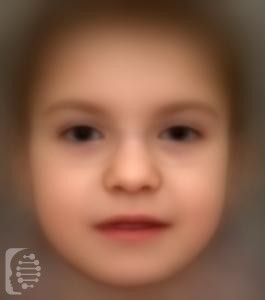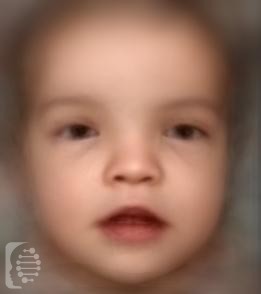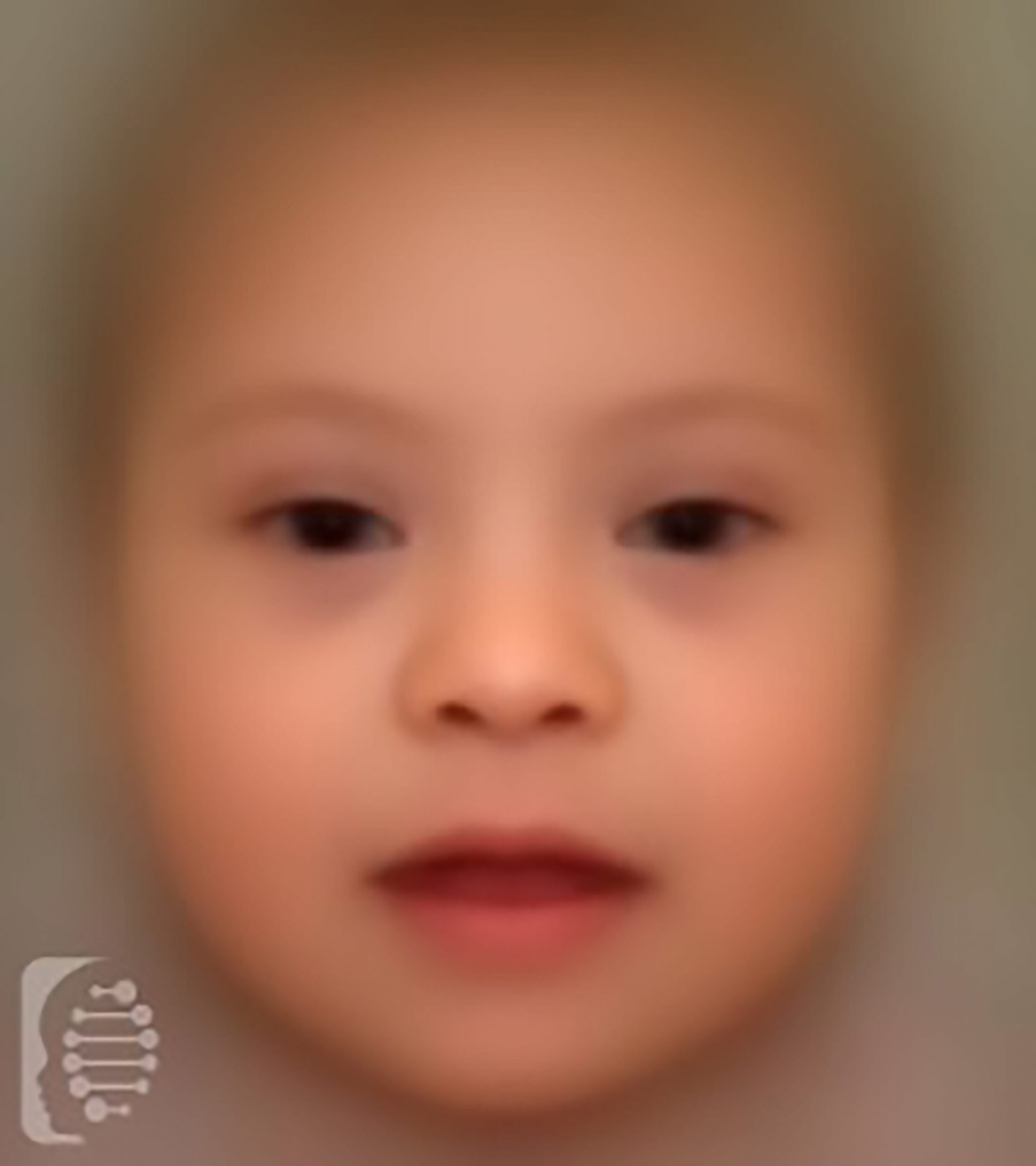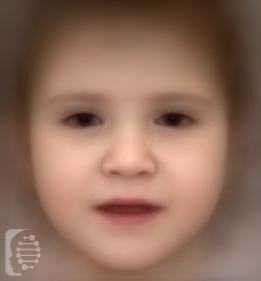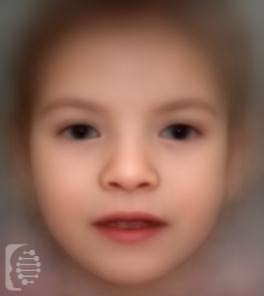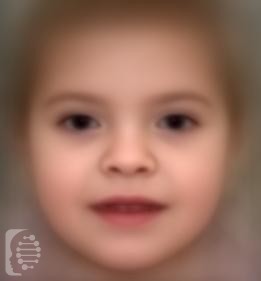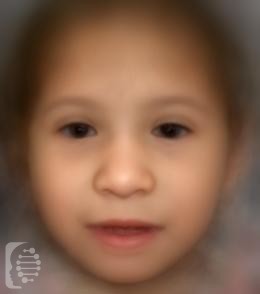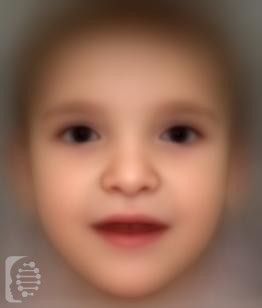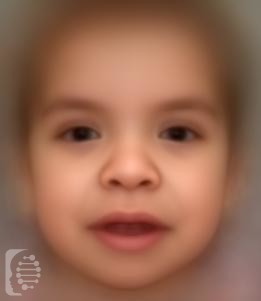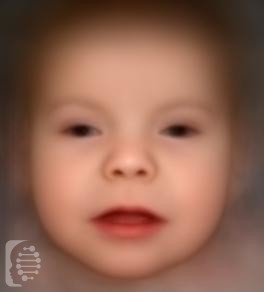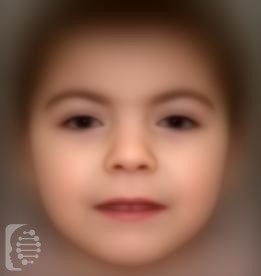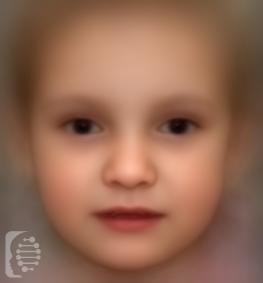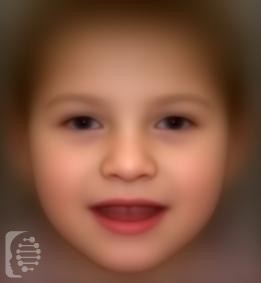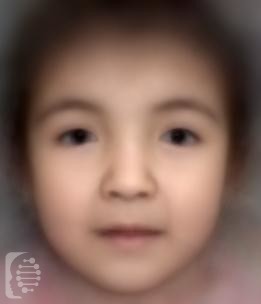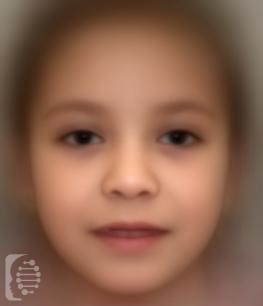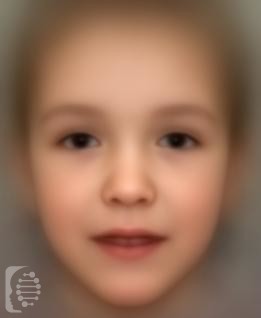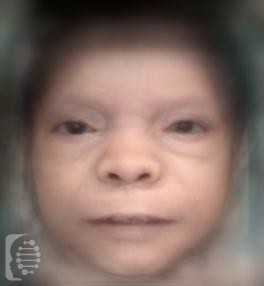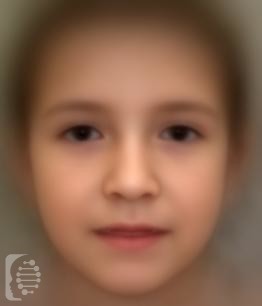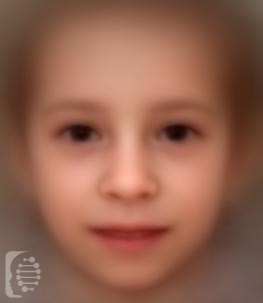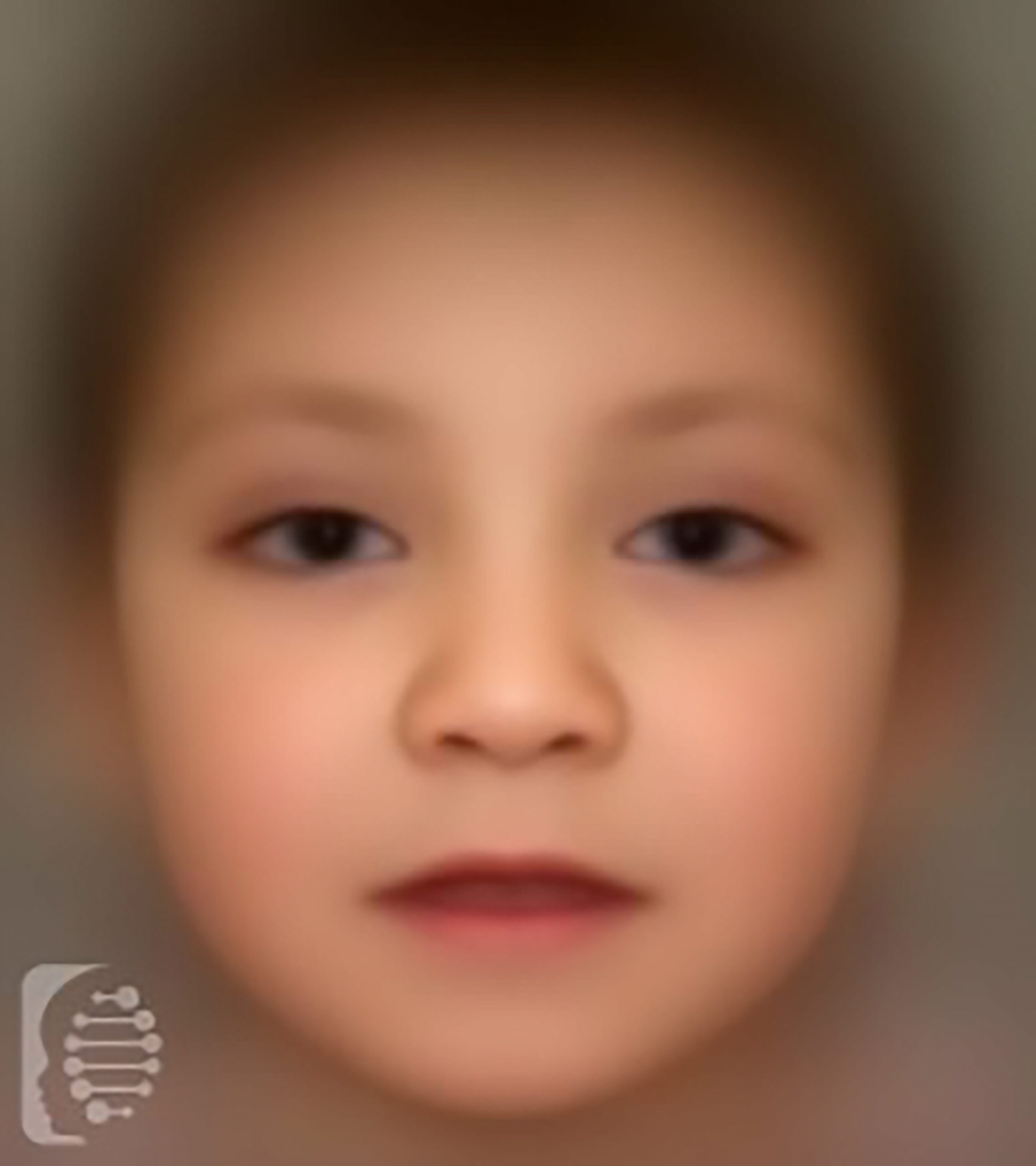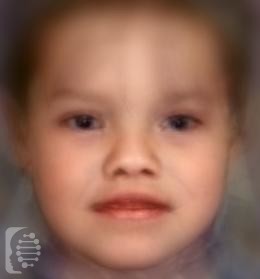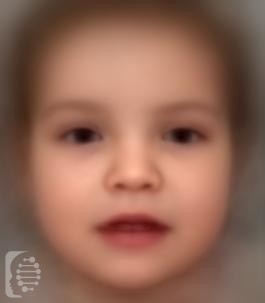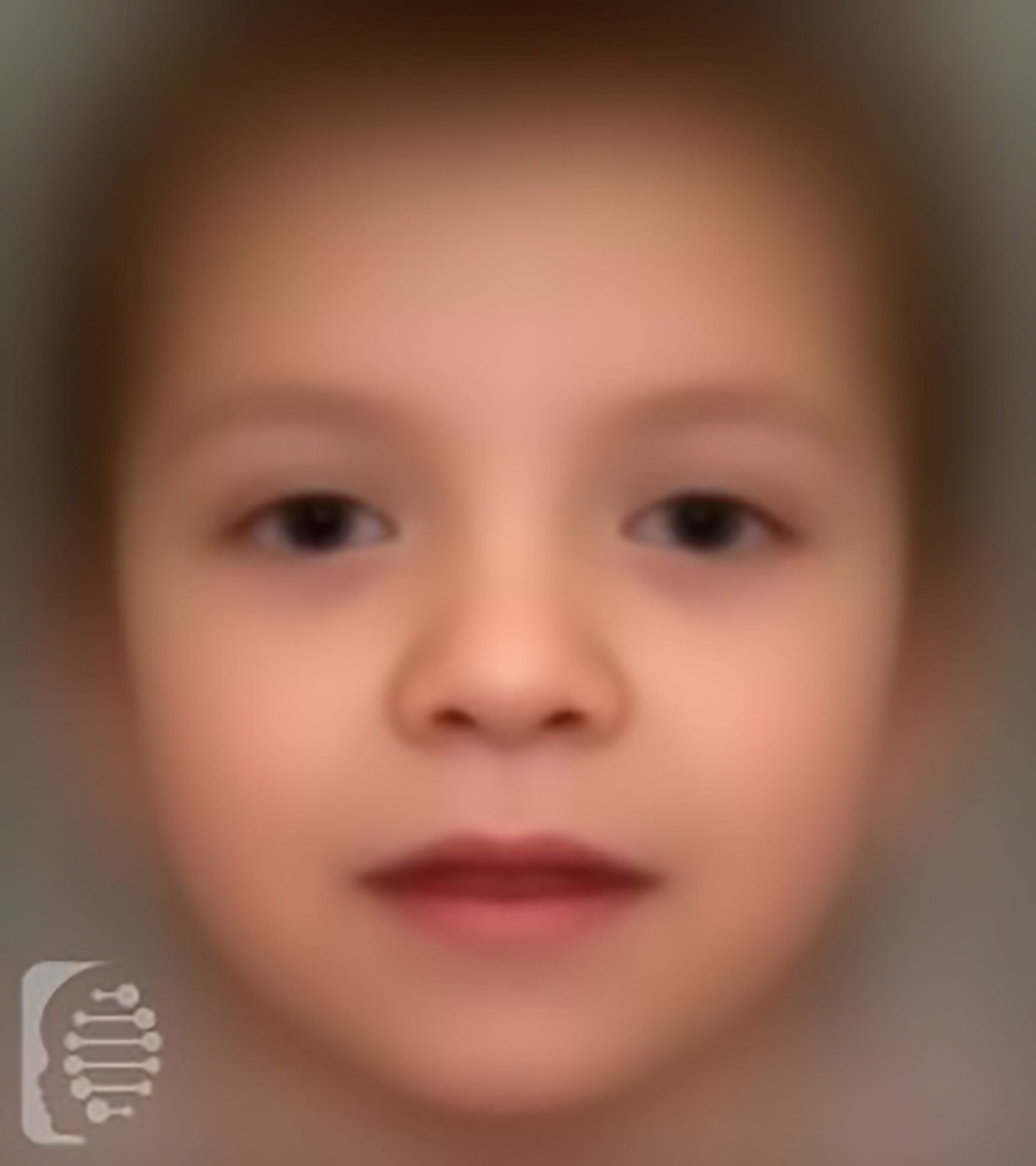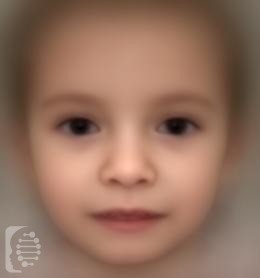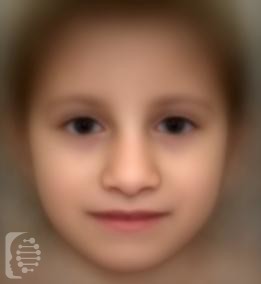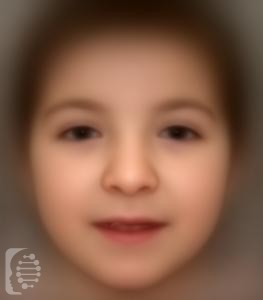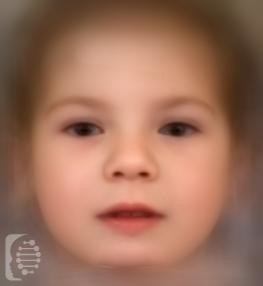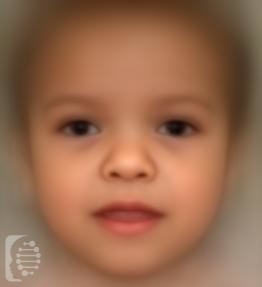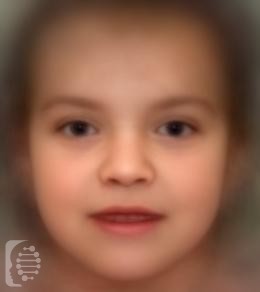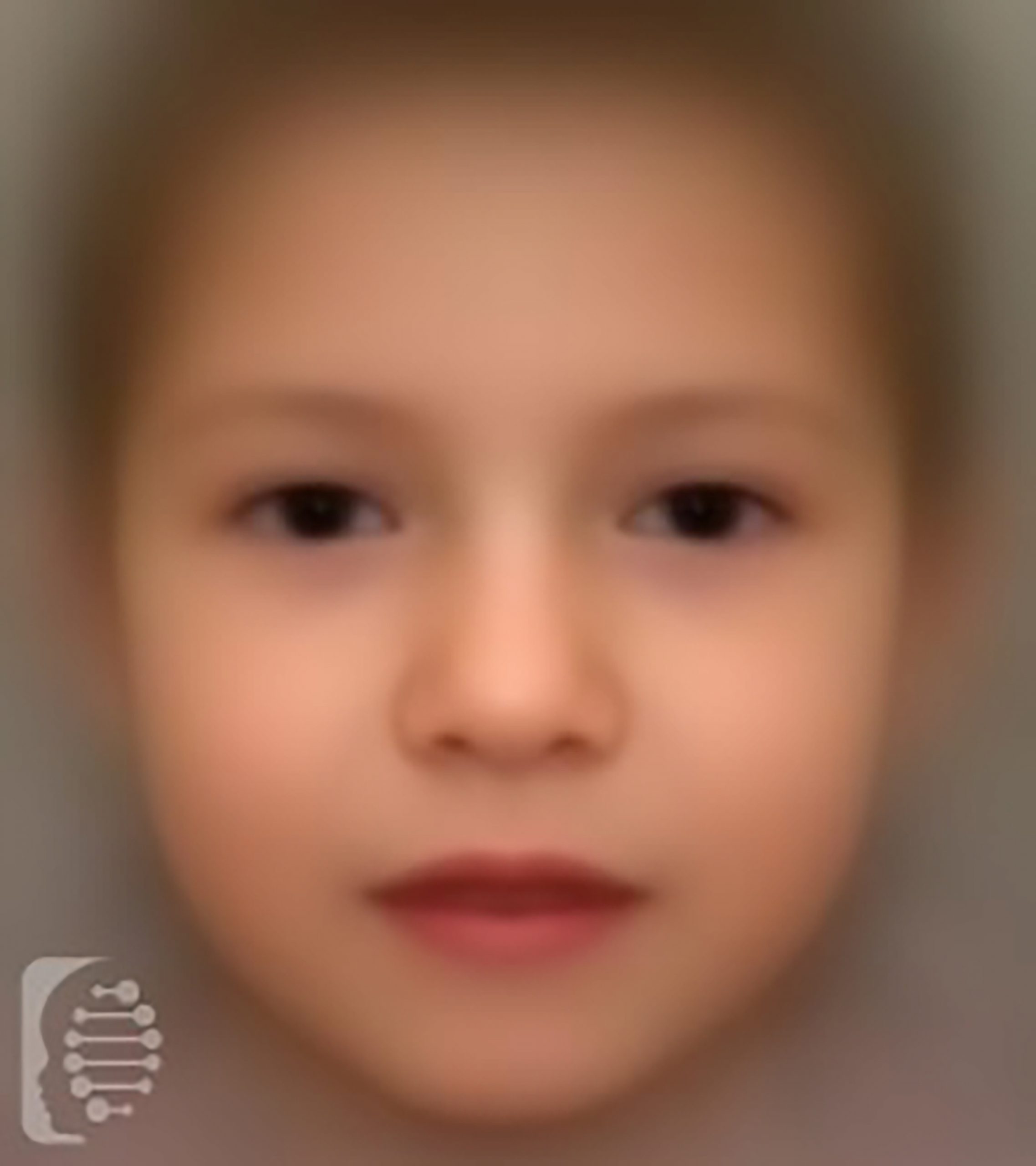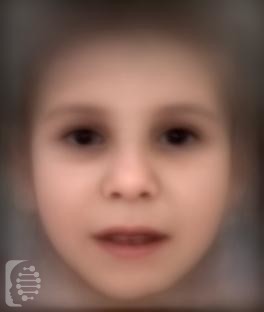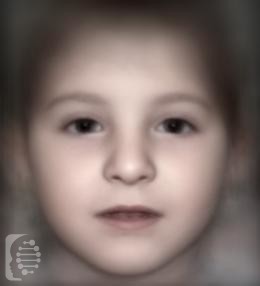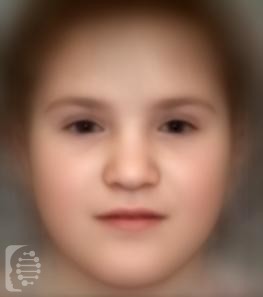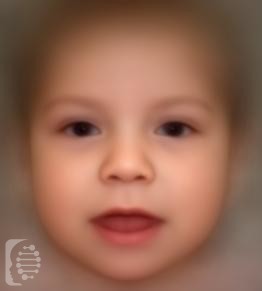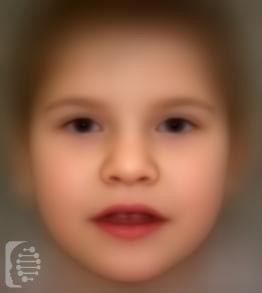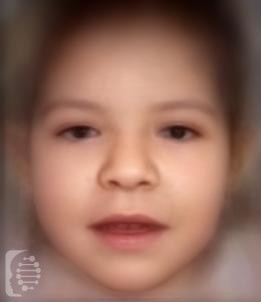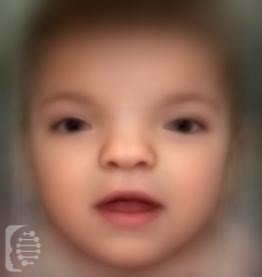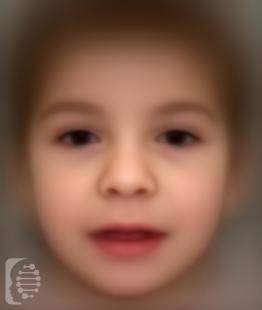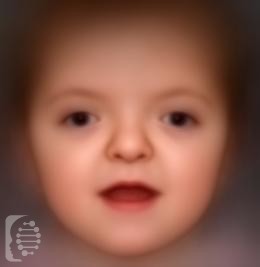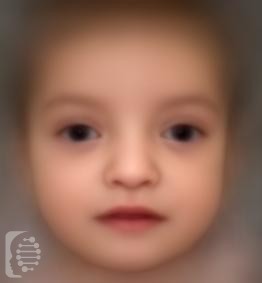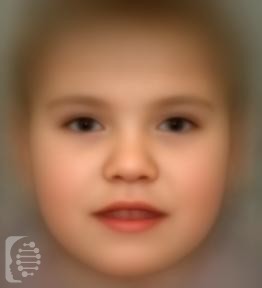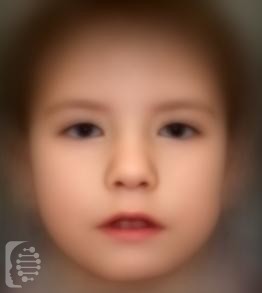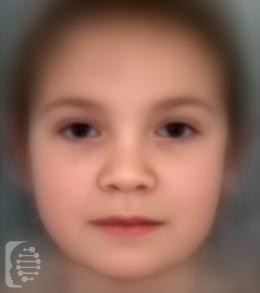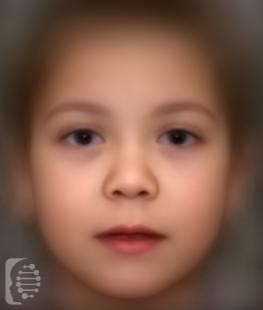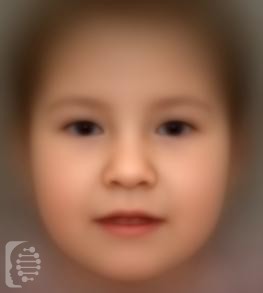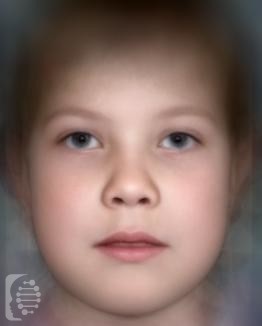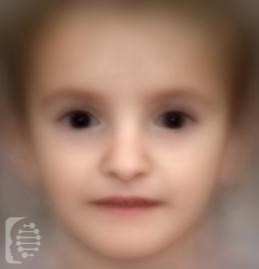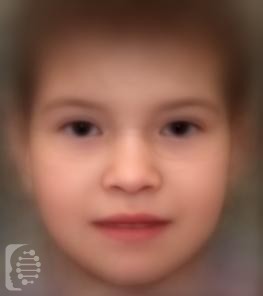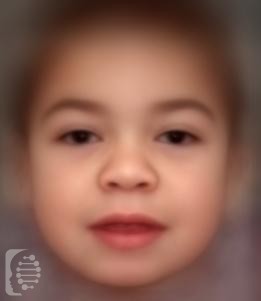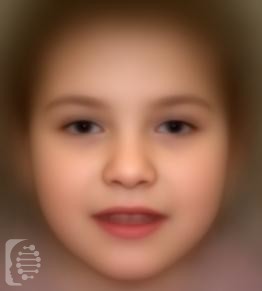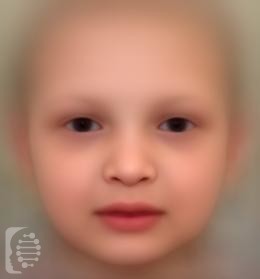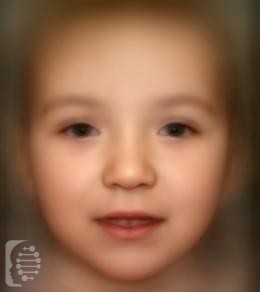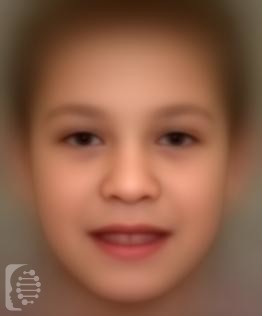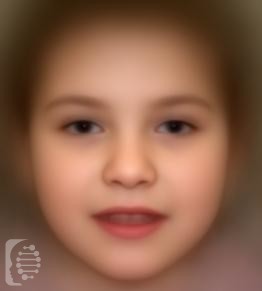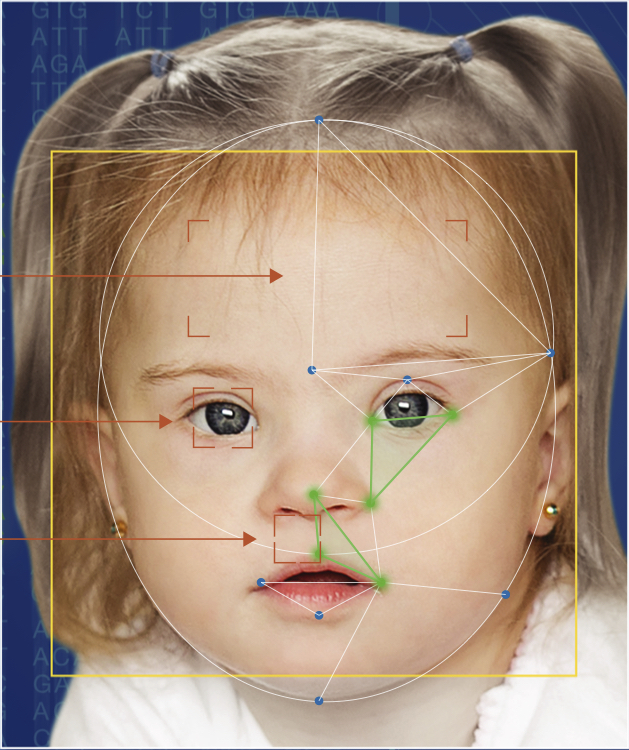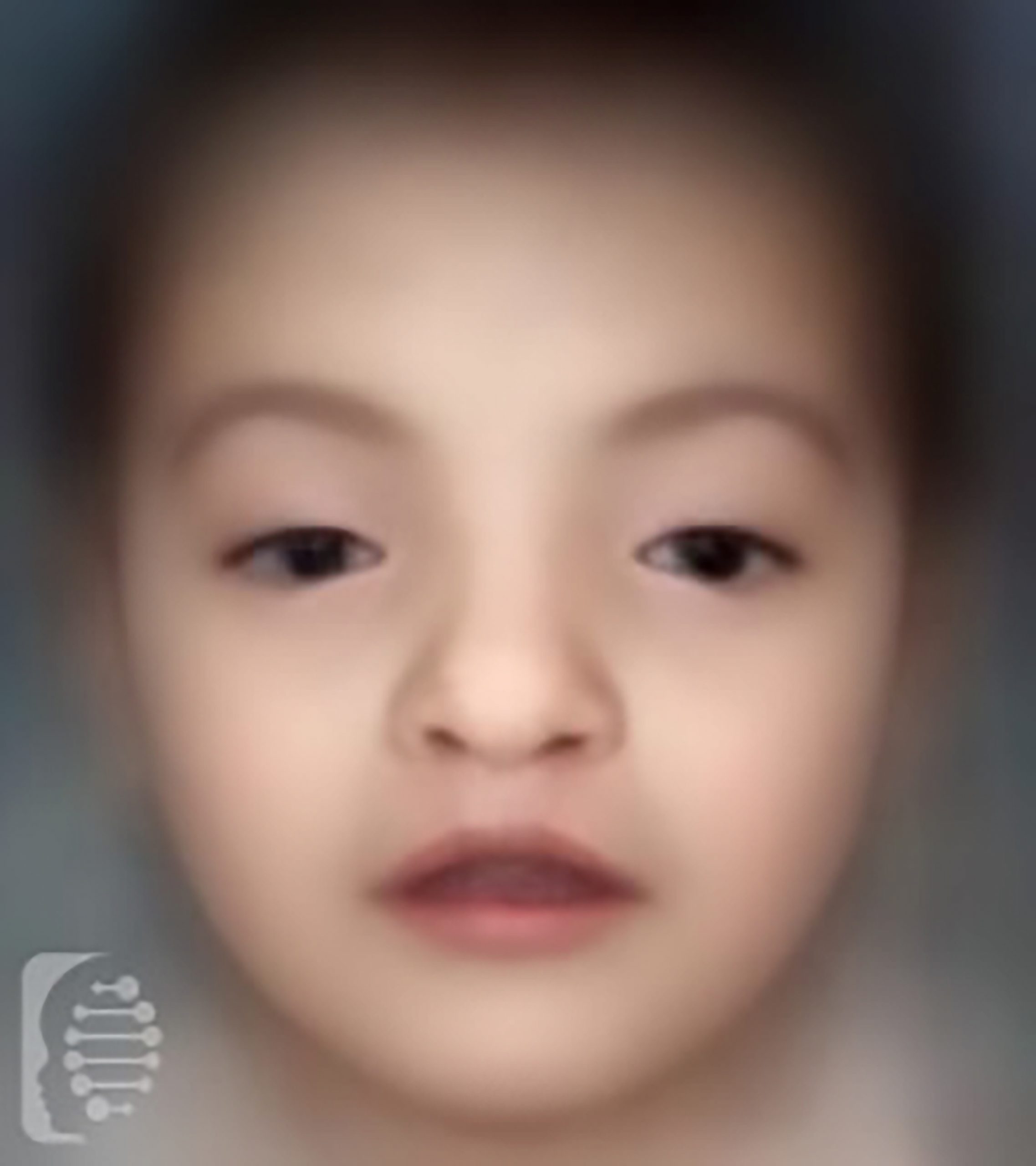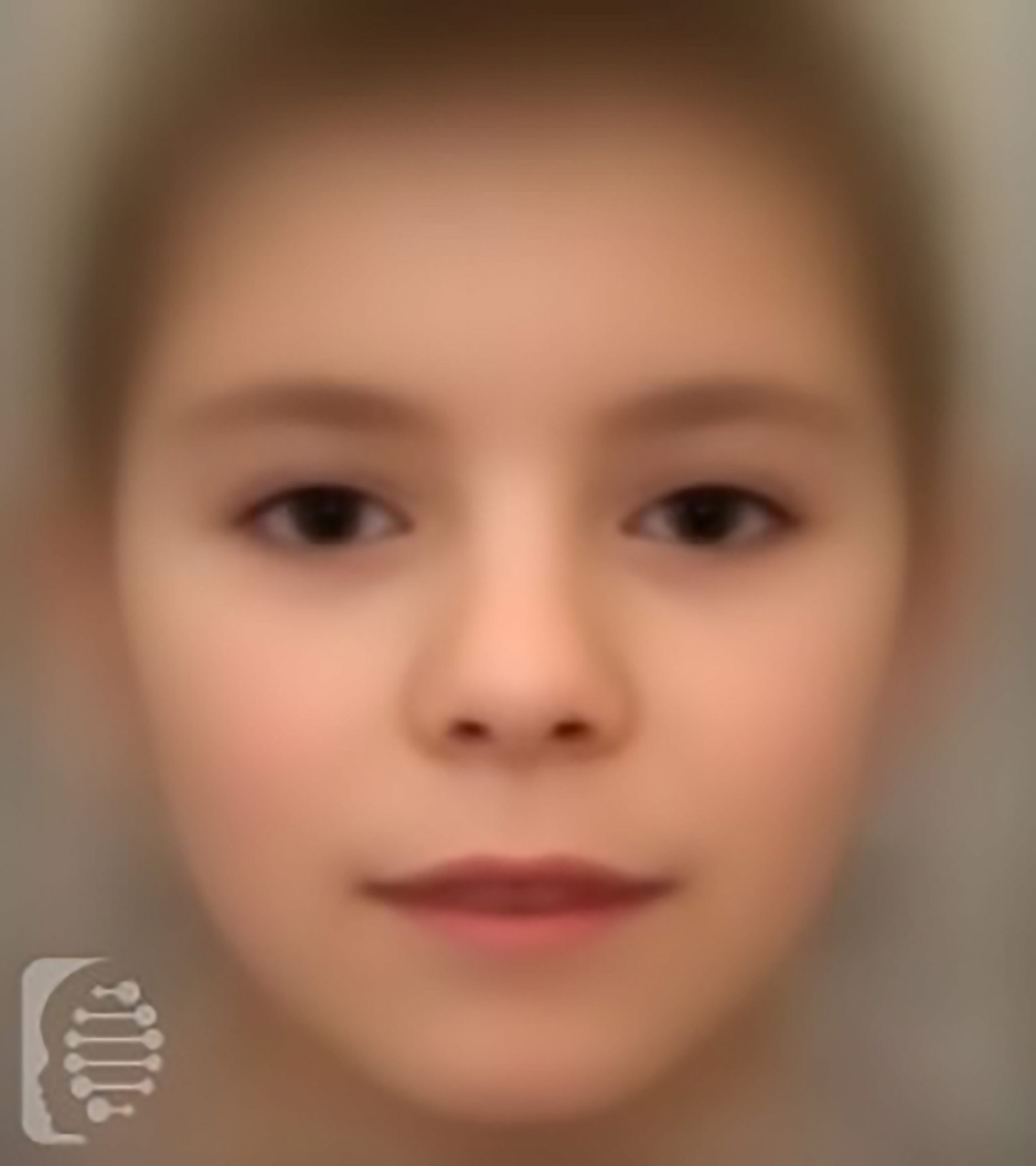Paula and Bobby
Parents of Lillie
Abnormal Emotion/Affect Behavior
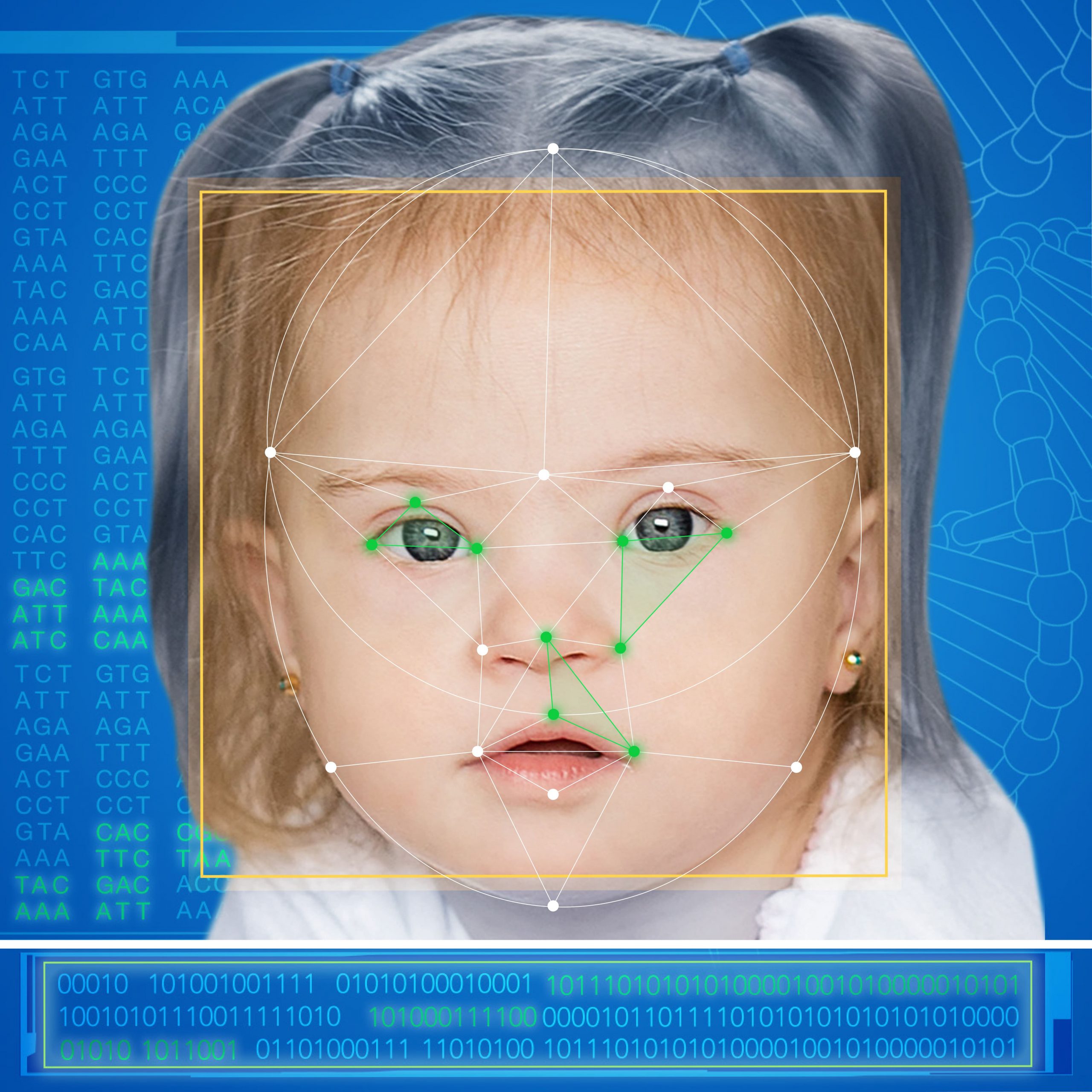
Understanding central nervous system abnormality symptoms and features.
Symptoms may affect multiple parts of the body. Understanding which parts of the body are affected by the symptom can help us to better understand the potential underlying causes of a symptom, including a rare disease or genetic syndrome.
The nervous system is made up of a network of nerves and cells that carry messages to and from both the brain and the spinal cord. Within the nervous system are the central nervous system and the peripheral nervous system.
The brain and spinal cord make up the central nervous system.
Within the peripheral nervous system are the somatic and autonomic nervous systems. The somatic system controls responses to sensory stimuli, while the autonomic nervous system controls the inner workings of organs, including digestion, breathing and the heartbeat.
Sleep is one body function controlled by the autonomic nervous system, specifically the sympathetic nervous system.
What is abnormal emotion/affect behavior?
Affect refers to the emotions expressed outwardly by a person, in a way that may be seen and understood by others to be either appropriate or inappropriate to the situation. While internal emotions may be intense, they are not always visible to onlookers. Thus, abnormal emotion can only be described in relation to its outward expression. This could include facial grimaces or smiles, gestures, vocal sounds, words, or other physical forms of expression.
All emotions are normal when they are situationally appropriate. Tremendous emotion and emotional expression can be expected during crisis, tragedy, or celebratory events. Shouting, crying, laughing, etc. can all be appropriate in the right time and place.
Some unusual emotional behaviors may appear when a person is tired, or hungry, in pain, under stress, or pregnant, or otherwise affected by physical factors that can cause tension, difficulty, or distress..
Abnormal emotion/affect is a bit more than unusual or intense expressive behavior, and will seem either out of place, strange, or just wrong under the circumstances. For example, inappropriate affect could include smiling during a tragedy, laughing suddenly with no obvious reason, or bursting into tears with no clear cause.
Some types of abnormal emotion/affect behavior include, but are not limited to:
Abnormal aggressive, impulsive or violent behavior
Low or lowered motivation
Emotional blunting or numbness
Emotional insecurity
Euphoria: extreme happiness or delight
Tearfulness
Emotional hypersensitivity
Mood changes, mood swings
Happy demeanor: Persistent and conspicuous smiling and laughing unrelated to the situation
Unhappy demeanor: A conspicuously unhappy disposition characterized by negative assumptions, self-defeating talk, fear of failure, and negative ruminations about past events.
Low tolerance for frustration
Suicidal ideation
Conspicuously happy disposition: Unusually happy demeanor over long periods of time. Noticeable expression of happiness (smiling, laughing, etc) during inappropriate situations that should ordinarily be causing distress, fear or anger.
Mood swings
Irritability
What should I do next?
In some instances, abnormal emotion/affect behavior may be one of the features of a rare disease or genetic syndrome. In this case fast, targeted genetic analysis can give you a more accurate diagnosis.
Synonyms:
Abnormality of emotional behavior, abnormal emotional response, abnormal expression of emotion
HPO:
0100851
Optional syndromes:
Clarify any concerns you may have and get tested online today!
Schedule Your Online Meeting Now
Synonyms:
Abnormality of emotional behavior, abnormal emotional response, abnormal expression of emotion
HPO:
-
0100851
Optional syndromes:
FDNA™ Health can help you with the diagnostic journey.
Learn about child developmental delays: Causes, Symptoms, and Therapies.
Don't wait years for a diagnosis. Act now and save valuable time.
Explore the most detected symptoms in our system (numbers are global and based on the data from 120 countries):
What is FDNA Health?
With the largest global database and a leading decision-support tool using AI, FDNA™ Health enables patients and their families to better understand symptoms and conditions with the goal of shortening the time to diagnosis.
Benefits of FDNA Health
Save valuable time by
learning about possible conditions
and report to your clinician
Advanced AI technology
and leading worldwide clinicians
shortening time to diagnosis
Looking for answers?
Worried about child development?
We are here to help you!


